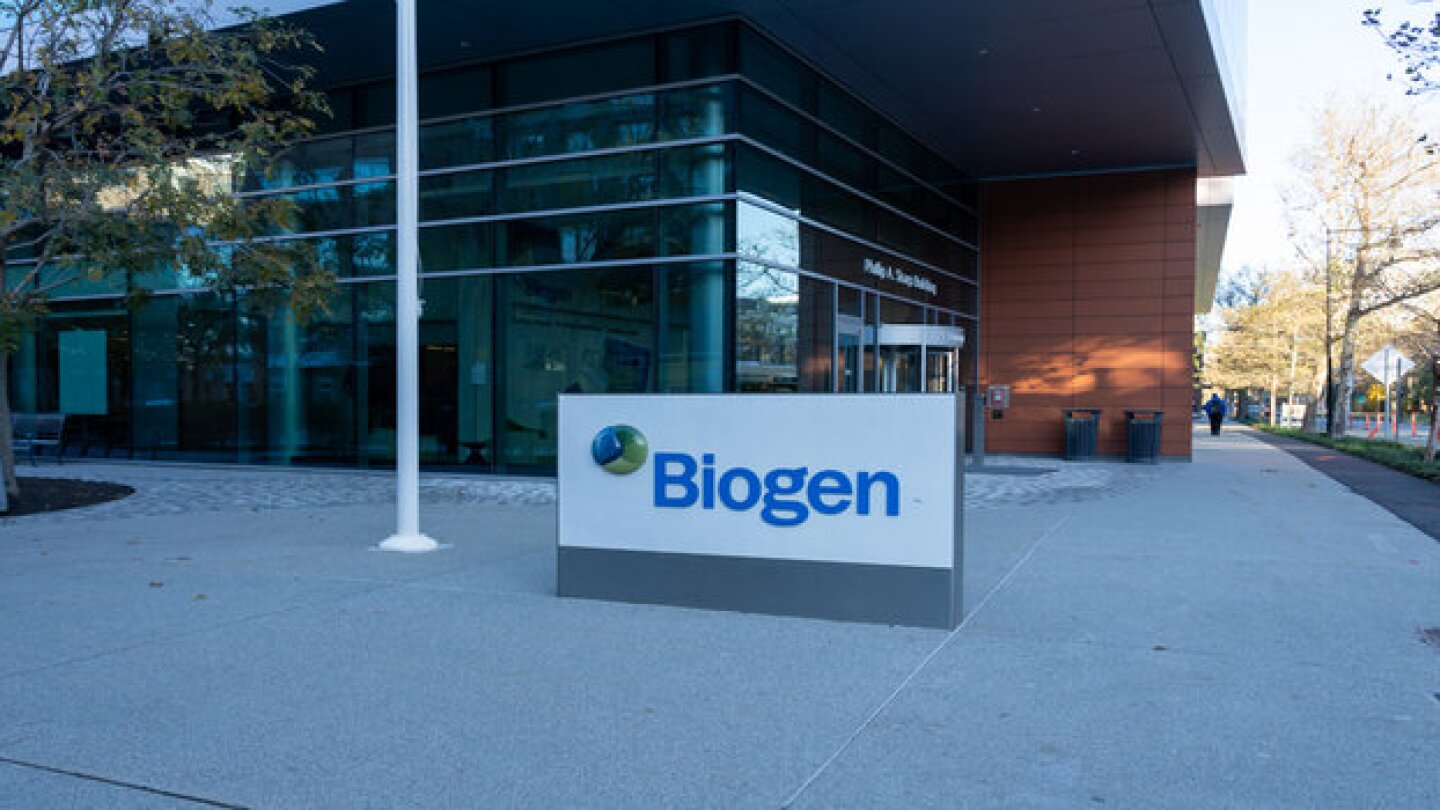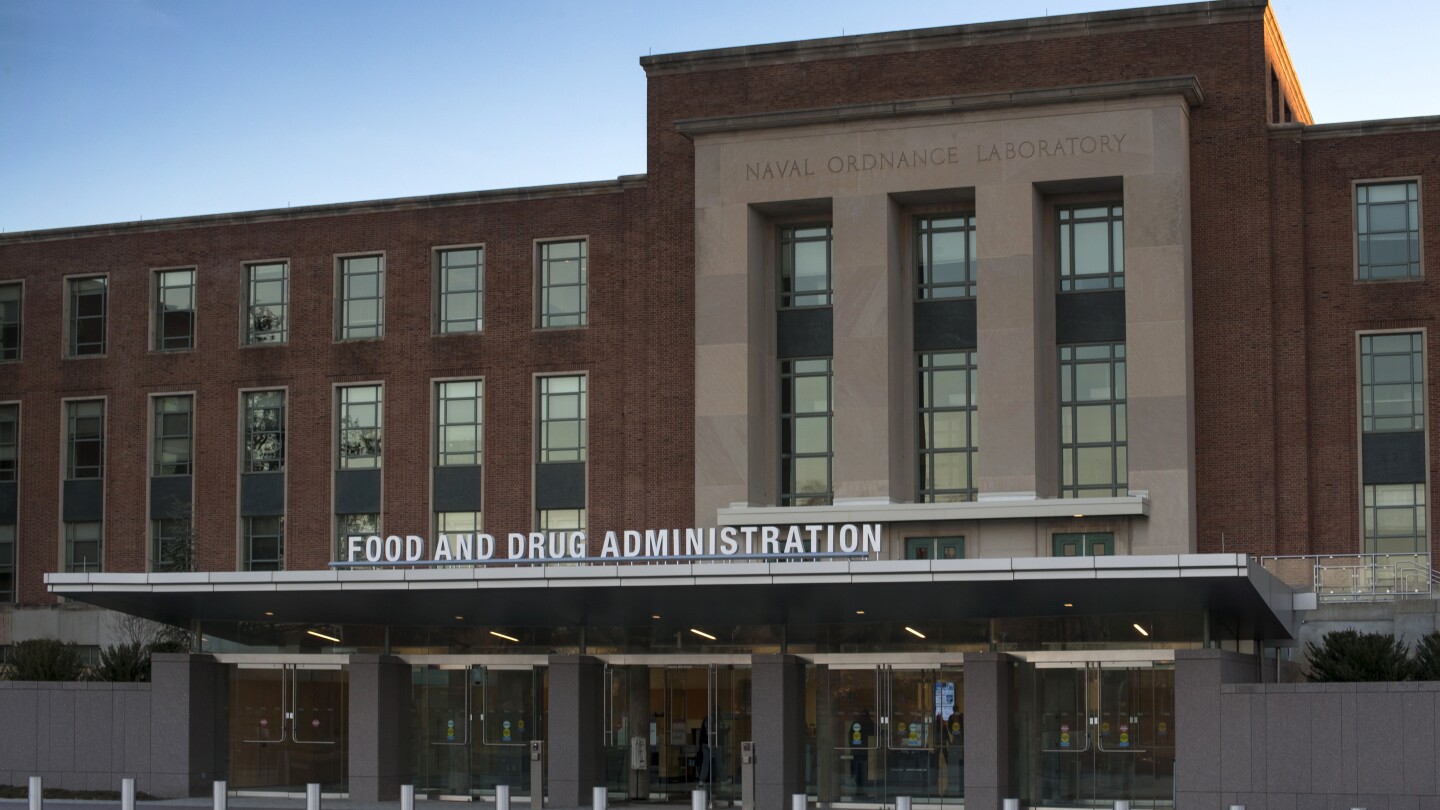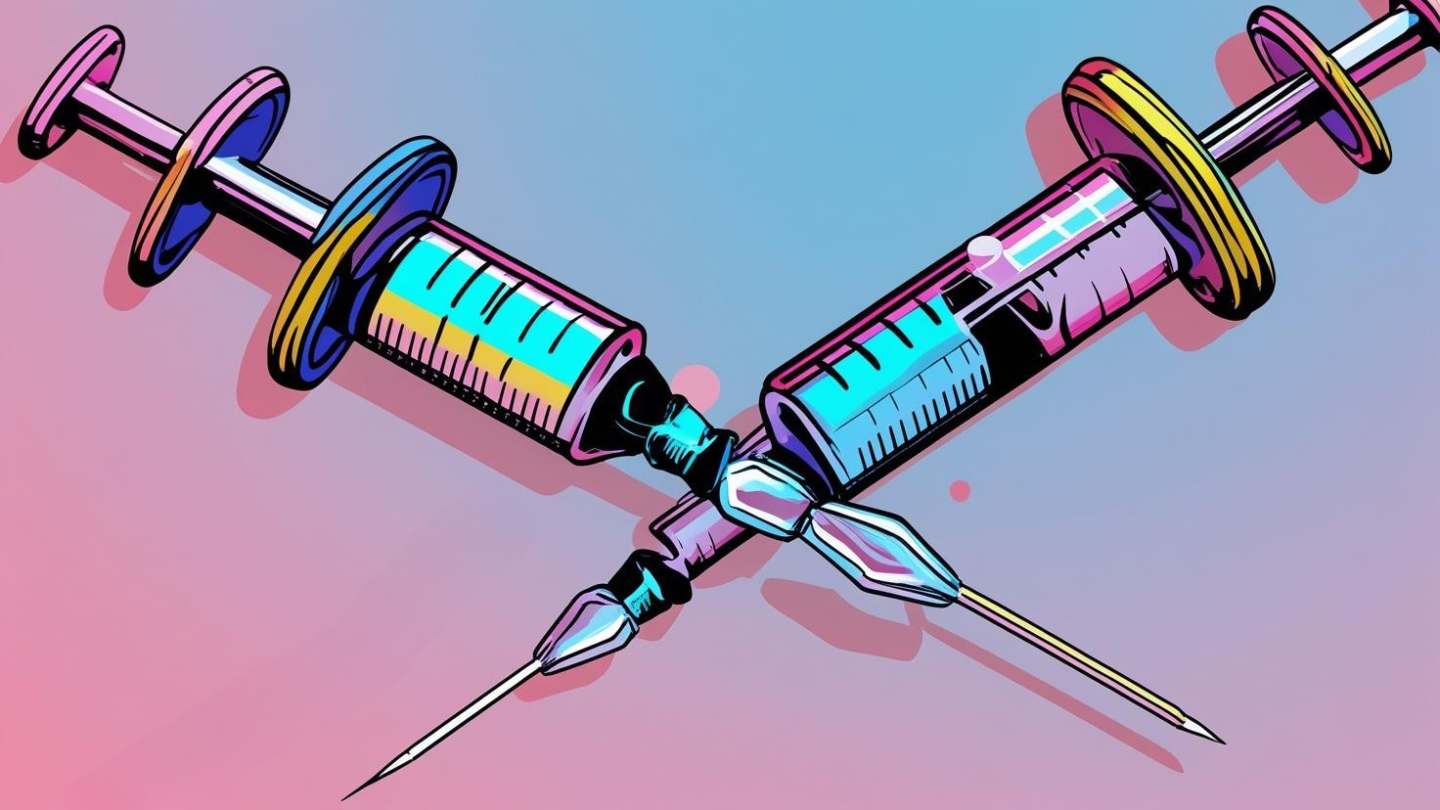News
Brazilian authorities said the death was unlikely to have been caused by Elevidys and was instead more in line with severe infection exacerbated by immunosuppression.
FEATURED STORIES
TIGIT-targeting therapies have largely disappointed in recent months, with failed studies, terminated partnerships and shuttered businesses. Here are five biopharma players staying alive with differentiated candidates against the once promising immuno-oncology target.
Slashing adverse drug reactions through pharmacogenetics and advanced AI could help rehabilitate the pharmaceutical industry’s reputation amid mounting criticism.
Why did two private equity firms with more than $460 billion under management want a little old gene therapy biotech called bluebird bio? We wanted to know.
Job Trends
BioSpace has revealed its 2025 Hotbed Maps, showcasing nine regional hot spots for life sciences activity.
FROM OUR EDITORS
Read our takes on the biggest stories happening in the industry.
Pfizer CEO Albert Bourla is in a tough spot as activist investor Starboard Value continues to call for a change in the company’s leadership. However, analysts are supportive of the embattled executive.
THE LATEST
The company is pushing inhaled versions of common oral drugs with the hope of avoiding severe side effects.
What will Boston Pharmaceuticals CEO Sophie Kornowski do now that the company is selling off its pipeline and winding down operations? Whatever it is, data will take her there.
The biotech is planning to expand antisense oligonucleotide capabilities and infrastructure on campuses that already produce drugs such as the ALS therapy Qalsody.
Tidmarsh, an adjunct professor at Stanford’s medical school, brings decades of industry experience to the table. Serving as director of the Center for Drug Evaluation and Research will be his first government position.
The path to market for Roche’s astegolimab became more uncertain after the investigational antibody failed to significantly lower disease exacerbation rates versus placebo in patients with chronic obstructive pulmonary disease.
Otsuka and Lundbeck’s data are insufficient to establish significant efficacy of Rexulti plus sertraline in PTSD, according to the FDA’s outside experts.
In light of recent patient deaths, the FDA has also revoked its platform designation for Sarepta’s AAVrh74 technology. The designation, granted last month, was the first of its kind to be announced publicly.
Roche and Genentech were unable to sufficiently demonstrate the benefit of using Columvi in an earlier treatment setting for DLBCL in a U.S. population, according to the FDA.
Amid a season of regulatory and scientific advances, experts reveal a culture of data hoarding among cell and gene therapy developers that is reinforcing fragmentation, stalling innovation and delaying access to treatments.
Earlier this summer the FDA asked Moderna for more efficacy data on its flu vaccine before it could review an mRNA-based combination shot that targets both influenza and COVID-19. Now, the entire vaccine sector is sizing up a new regulatory world, companies’ next steps uncertain.






















